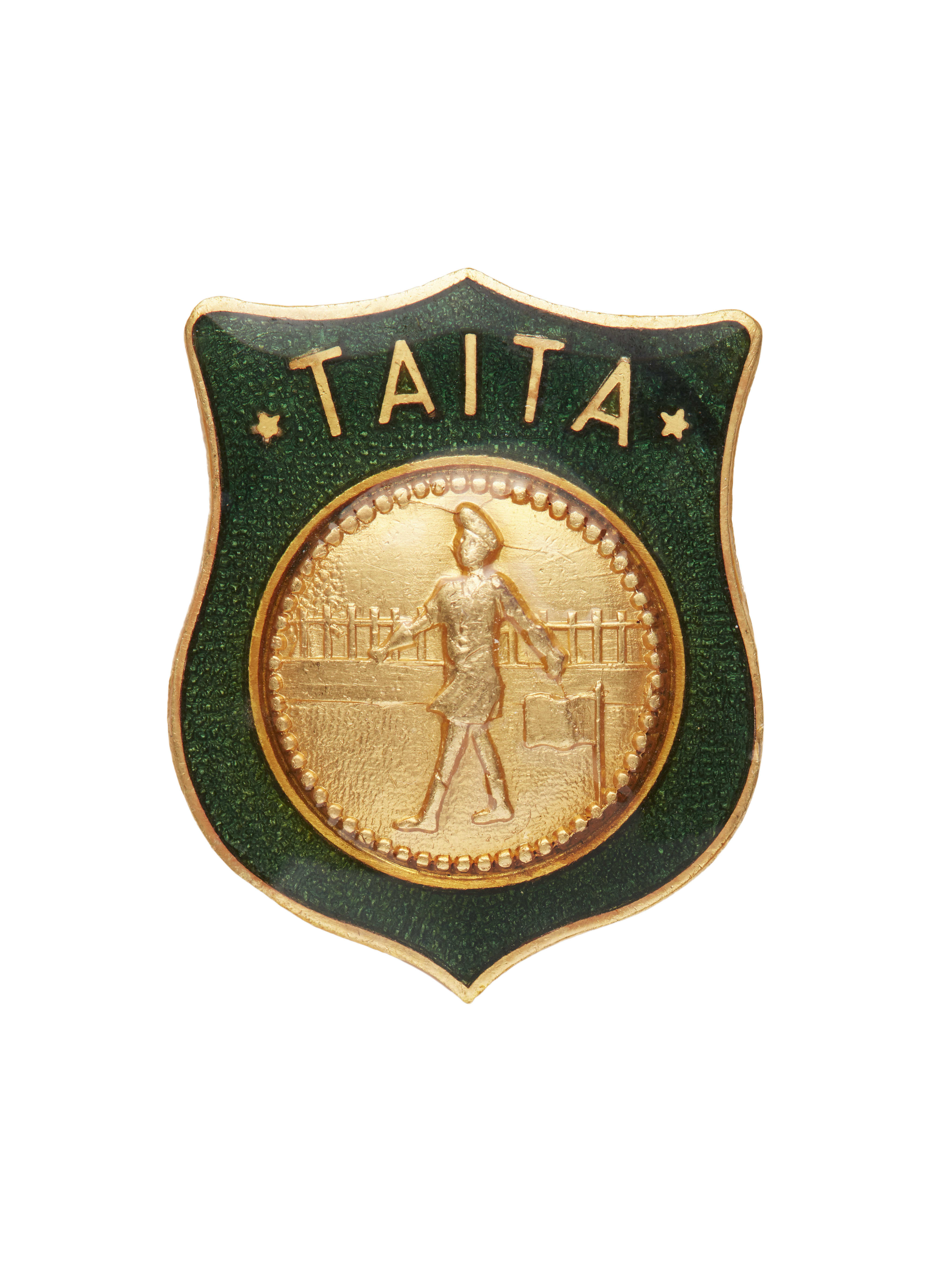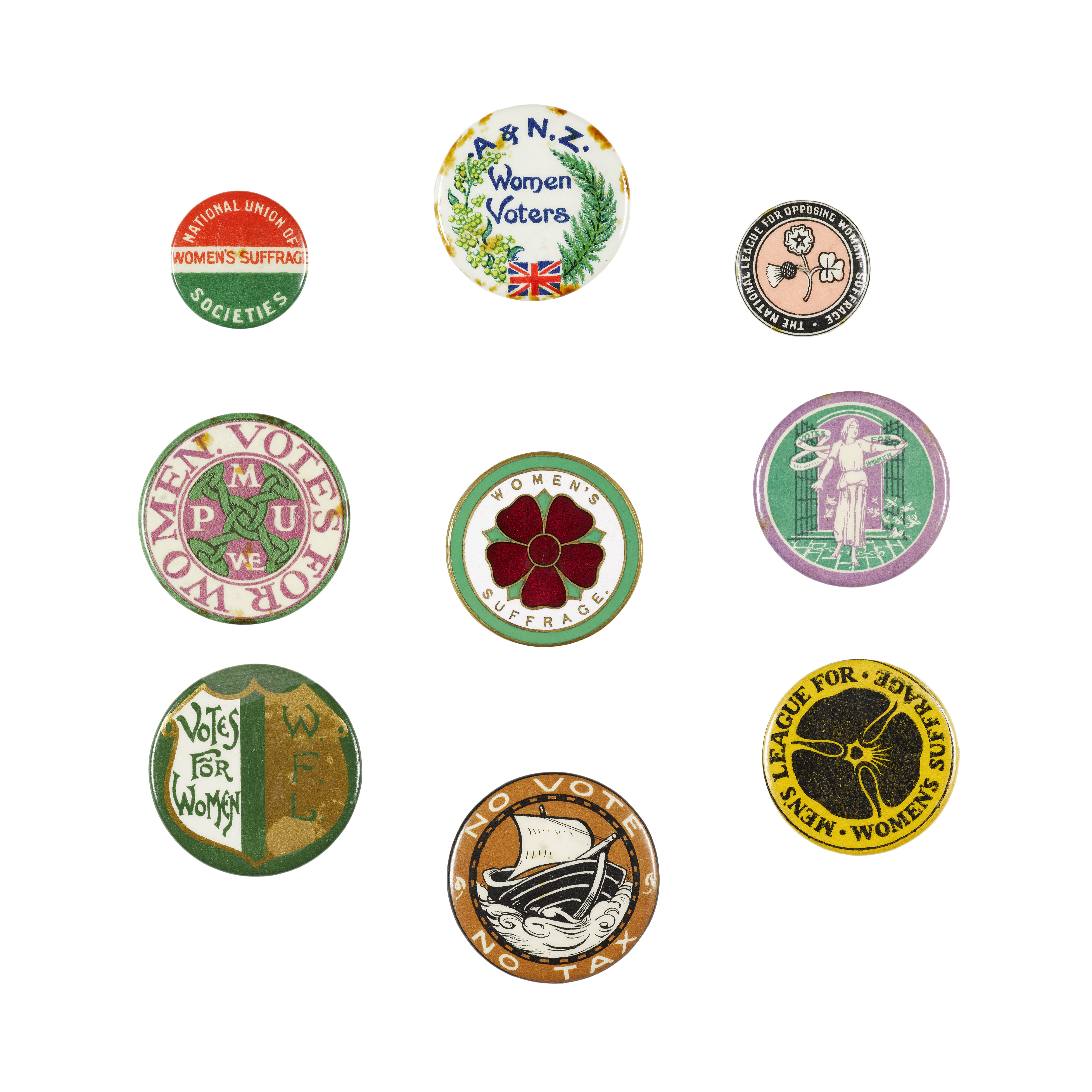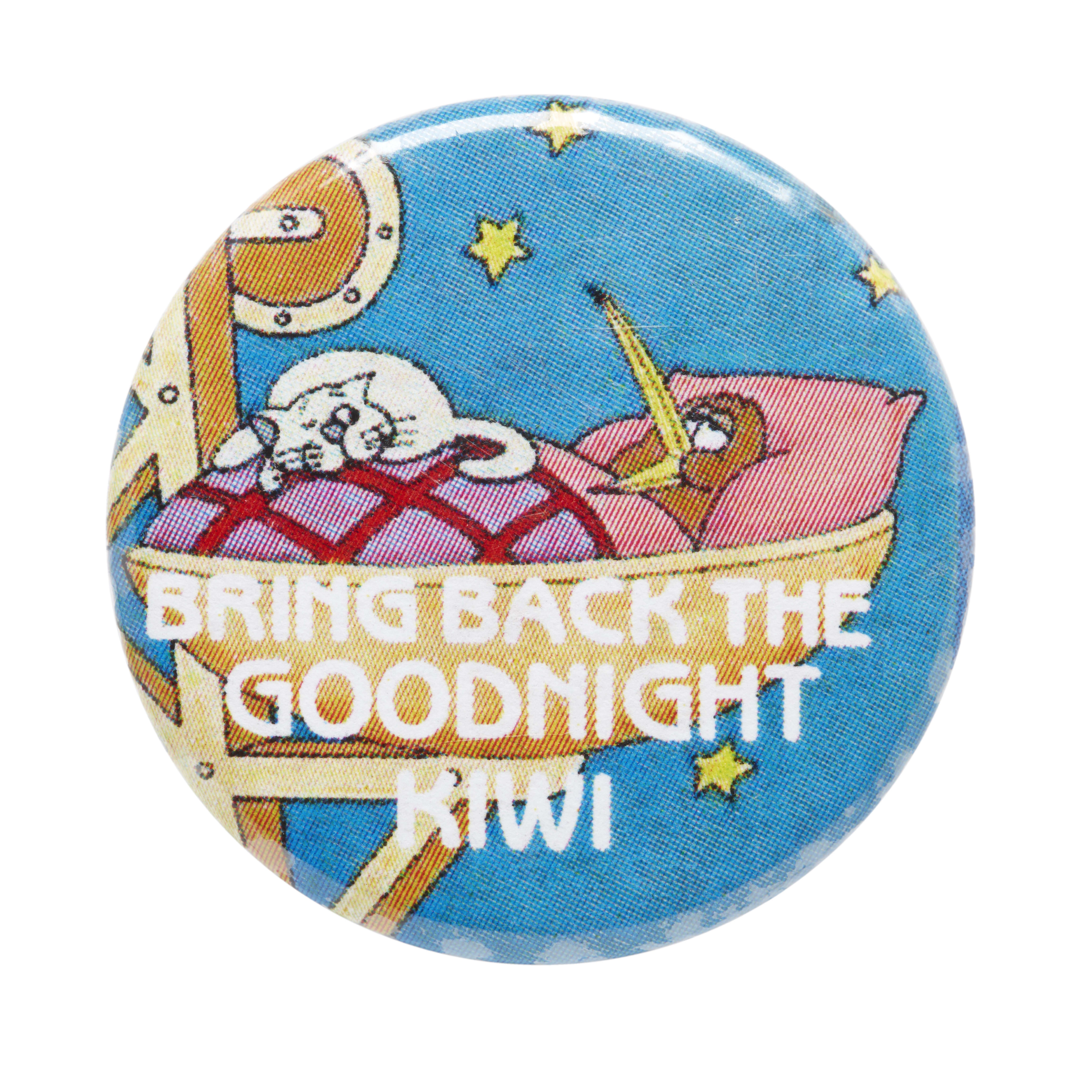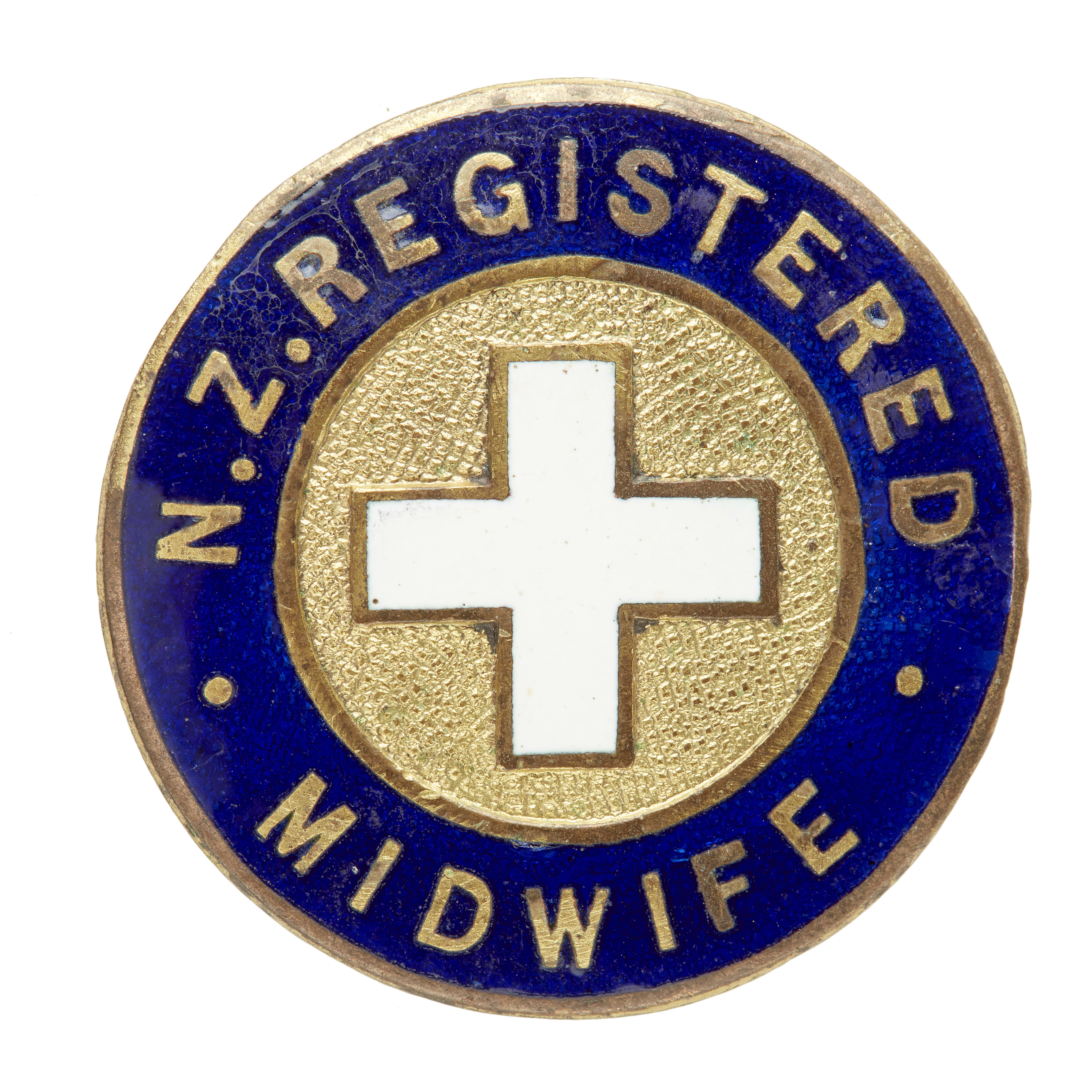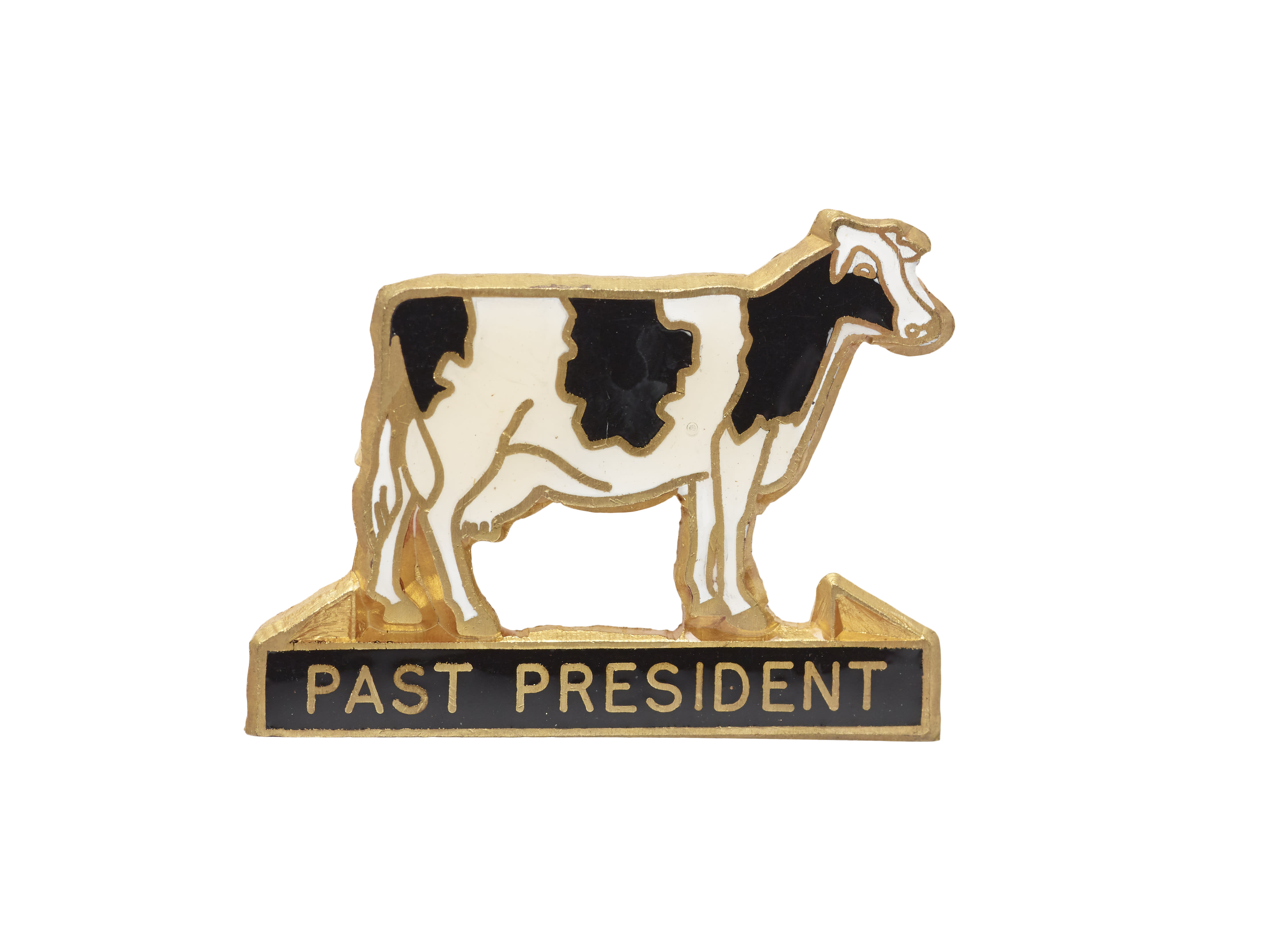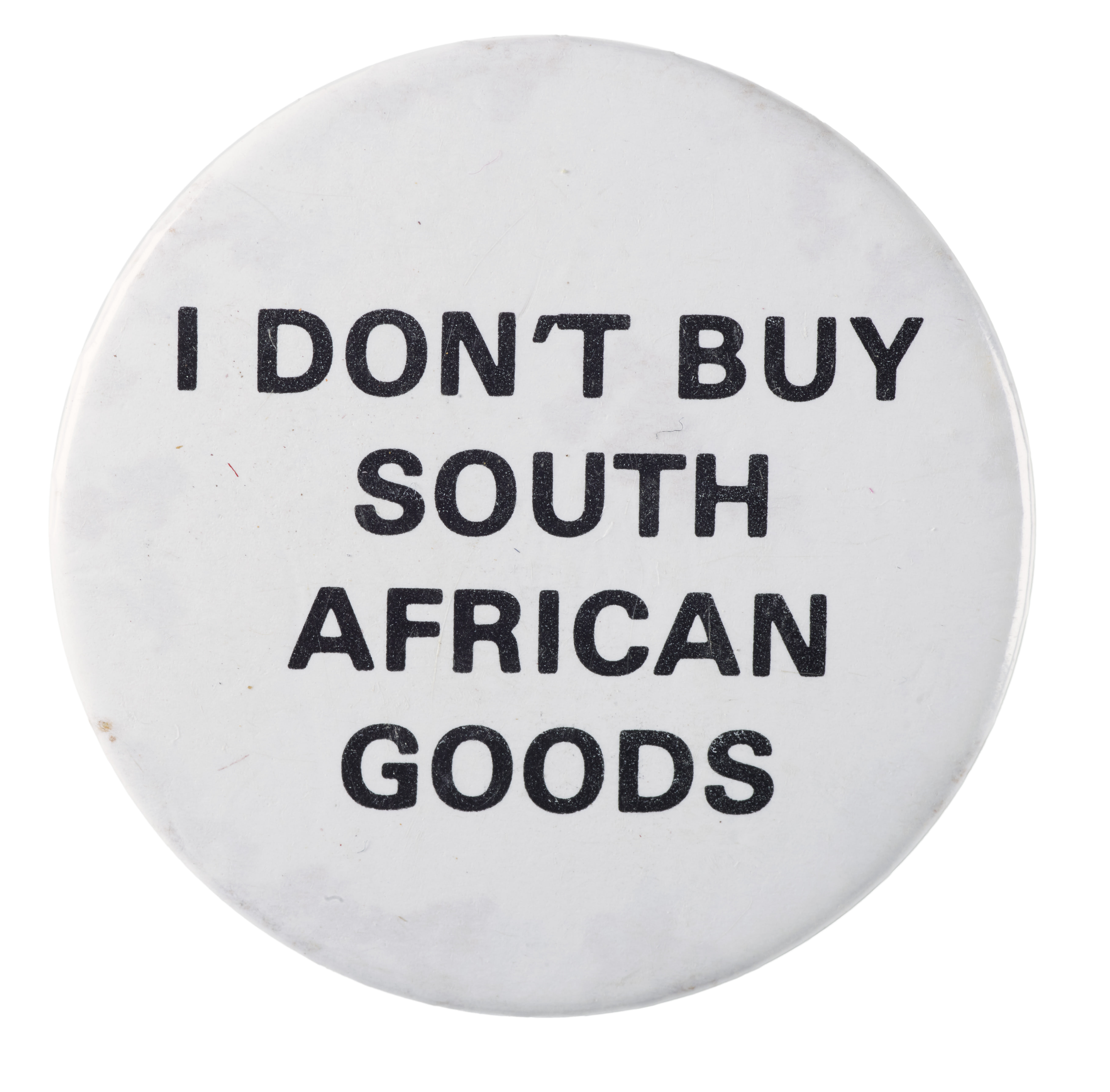Nine To Noon for Wednesday 5 April 2023
09:05 Te Whatu Ora: Survey reveals bullying, lack of resources & poor confidence in leadership
The results of the first survey of staff at Te Whatu Ora since its establishment last year reveal only just over half believe the merger will improve the health needs of the community. The survey was conducted in late November to mid December last year and completed by 28 thousand staff - 29 per cent of the organisation. Te Whatu Ora has refused to release the survey, citing staff privacy and the need to protect future surveys. The results are consistent across the country, and reveal a lack of confidence in those in decision making roles, persistent bullying in some areas, with numerous respondents saying bullies are not dealt with, or worse, promoted. Only a third of staff feel they have the resources to perform their roles well. The survey comes as Te Whatu Ora moves to disestablish 1600 mostly non-clinical roles from executive leaders through to those working in commissioning, finance, service improvement and innovation. Kathryn speaks with Dr Deborah Powell from the Resident Doctors Association, Sarah Dalton from the Association of Salaried Medical Specialists and Paul Goulter, Chief Executive of the Nurses Organisation.

Photo: 123RF
09:30 Trump charges: Former US president leaves court after not guilty plea
The former US president appeared in a New York court today charged with 34 felony criminal charges relating to a hush-money scheme during the 2016 election. Kathryn speaks to Associated Press reporter Michael Sisak who was in court to cover the case - the first time a former US president has faced criminal charges. He'll detail the charges, what Manhattan District Attorney Alvin Bragg said afterwards and what conditions Donald Trump is now subject to.

Photo: SETH WENIG
09:25 Are relationship ups and downs associated with physiological changes

Photo: RNZ
New research which shows relationship vollatility may affect your body. Lead study author, Dr Brian Don from the University of Auckland says the quality of our primary relationship can predict how stressed we feel and can result in physiological symptoms such as blood pressure and heart rate. The research - The Good, the Bad, and the Variable: Examining Stress and Blood Pressure Responses to Close Relationships ran from 2019 to 2021 and it has just been published in the journal, Social Psychological and Personality Science. The 4,000 participants of the study usually took part for three week blocks, during which they had changes in their heart rates and blood pressure recorded via smartphone sensor. Dr Don says they were from a range of countries including the US, UK, Australia and New Zealand and shared reflections on their closest relationships, documenting positive and negative experiences.
09:45 Australia: What Liberal loss means for Dutton, Paralympic cheating
Australia correspondent Chris Niesche joins Kathryn to discuss the Liberal Party's byelection loss in Melbourne and how it's put the leadership of Peter Dutton in the spotlight. New South Wales bans cellphones in high schools and an investigation by the ABC has focused on whether Australian para athletes are gaming the system and exaggerating their disabilities to get into easier categories at the Paralympics.

Photo:
10:05 Brainy octopus help humans know our own mind
A proposal to farm three-thousand tonnes of octopus for export in the Canary Islands has researchers and scientists alarmed. According to papers obtained by campaign group Eurogroup for Animals there'll be around 1 million octopus in around one-thousand communal tanks - averaging 10 to 15 octopuses per cubic metre. But more and more evidence points to the intelligence of these animals. Their brain extends the full length of their body, down their tentacles, they're playful and are intelligent enough to feel bored. Peter Ulric Tse is Professor of Cognitive Neuroscience in the department of Psychological and Brain Sciences at Dartmouth College in New Hampshire, where he runs an optopus cognition lab. By studying octopus smarts, he hopes to learn more about our own cognition and consciousness, including our perception of how quickly, or slowly time passes, and the neuroscience behind our understanding of free will.
10:35 Book review: Kick the Latch by Kathryn Scanlan

Photo: Kiran Dass
Kiran Dass reviews Kick the Latch by Kathryn Scanlan, published by Daunt
10:45 Around the motu : Matthew Rosenberg in Gisborne

Photo: Facebook / Tairāwhiti Civil Defence
The main water plant in Gisborne is once again supplying the city with water following Cyclone Gabrielle, but the back-up plant still in use and people are still being asked to conserve. Matthew has an update from the forestry company, Juken which operates council-owned forest where the damaged pipeline runs through. And a Gisborne woman living with cancer is concerned about a new bill currently before select committee, which is set to replace the Medicines Act 1981. Theresa Zame has been importing what she calls "miracle drug" from Bangladesh for her lung cancer.
11:05 The music of a changing climate
Music commentator Kirsten Zemke joins Kathryn to play some tracks from artists who have tried over the decades to get the world to consider the impact humans are having on the planet.
Kirsten Zemke is an ethnomusicologist at the University of Auckland's School of Social Sciences.

Photo: Pixabay
11:30 Tiny objects telling big stories

Photo: Supplied
Wearing a badge or pin can be a representation of your identity, your pride or your outrage. New Zealanders have created badges for almost every cause and endeavour over the years; from protest groups, to suffrage, tino rangatiratanga, sports clubs, even animal breeds and royal visits. Te Papa has a collection of over 1600 of these such badges, representing a slice of New Zealand's political, social and environmental history. Stephanie Gibson, curator of New Zealand Histories and Cultures at Te Papa calls them "tiny objects which tell big stories". Together with fellow curator Claire Regnault, they have just released a book Tiny Statements: A Social History of Aotearoa New Zealand in Badges.
11:45 Science: Deciphering smell, stresses plants, toxic birds

Photo: Lilach Hadany
Science commentator Dr Allan Blackman joins Kathryn to talk about a breakthrough in our understanding of olfaction, how stressed plants "cry" (follow this link to hear them) and the discovery of birds with neurotoxin-laden feathers in New Guinea.
Allan Blackman is a Professor of Chemistry, School of Science, Auckland University of Technology


















